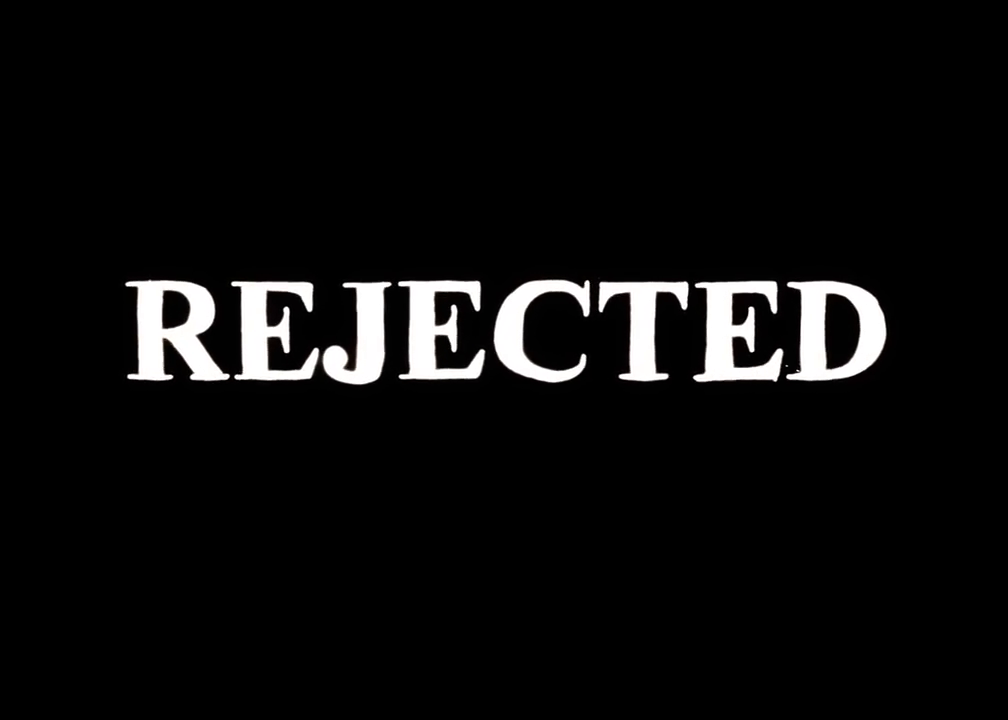When (not if) rejection comes, we all deal with it in different ways. Personally, I'm of the wallow-in-despair camp. It's not useful, but hey, it's what I do. More useful are the words of Karl Whitney below. (You can find his full piece on the RFL Vox site here.)
Rejection is familiar to every writer. It was already familiar to me when I first sent out my book proposal, as it is to so many other freelance journalists who pitch ideas to editors. Sometimes you can learn something from rejection, sometimes you can’t – often it’s nothing to do with you, or the quality of your writing. It just doesn’t fit a certain editor at a certain publisher on a certain day. Others will be interested, even if it takes some time to find them.
That said, unremitting rejection can be an overwhelmingly bleak experience. How does one cope with that? Perhaps it’s useful to have a variety of projects underway and at different stages. Switching to something else – beginning a new proposal, writing some reviews, penning a light opera – could be a way of putting a rejected idea aside for a while before you go back into battle.
I ask myself what I’ve learned from rejection. It might seem an obvious point, but there’s a need to persist, and by persistence I mean continuing to pursue your own ideas, and, ultimately to value your work highly, regardless of the response. Because, no matter who you are, and how long you’ve been writing, there’ll be other rejections to come. The ideal state would be to pay scant notice to rejection and acceptance alike, to be above all that, to take everything in your stride. But we’re only human.
Don’t over-anticipate rejection, but don’t be too surprised by it either. If it comes – or rather, when it comes, as it undoubtedly will – accept it, shrug, and move on.
That said, unremitting rejection can be an overwhelmingly bleak experience. How does one cope with that? Perhaps it’s useful to have a variety of projects underway and at different stages. Switching to something else – beginning a new proposal, writing some reviews, penning a light opera – could be a way of putting a rejected idea aside for a while before you go back into battle.
I ask myself what I’ve learned from rejection. It might seem an obvious point, but there’s a need to persist, and by persistence I mean continuing to pursue your own ideas, and, ultimately to value your work highly, regardless of the response. Because, no matter who you are, and how long you’ve been writing, there’ll be other rejections to come. The ideal state would be to pay scant notice to rejection and acceptance alike, to be above all that, to take everything in your stride. But we’re only human.
Don’t over-anticipate rejection, but don’t be too surprised by it either. If it comes – or rather, when it comes, as it undoubtedly will – accept it, shrug, and move on.
Where do you fit? Are you a wallow or a shrug? Or another camp altogether?
Joan Lennon website
Joan Lennon Instagram



1 comment:
I've had work rejected and accepted the rejection because I know what I wrote wasn't up to scratch. So a shrug. But I've now written three books - 2 short, 1 long - and their rejection has made me into a bit of a wallow. I'm trying *not* to be a wallow, but rejections of stories I know are good - but just not what publishers are looking for - is a hard knock to overcome.
Post a Comment